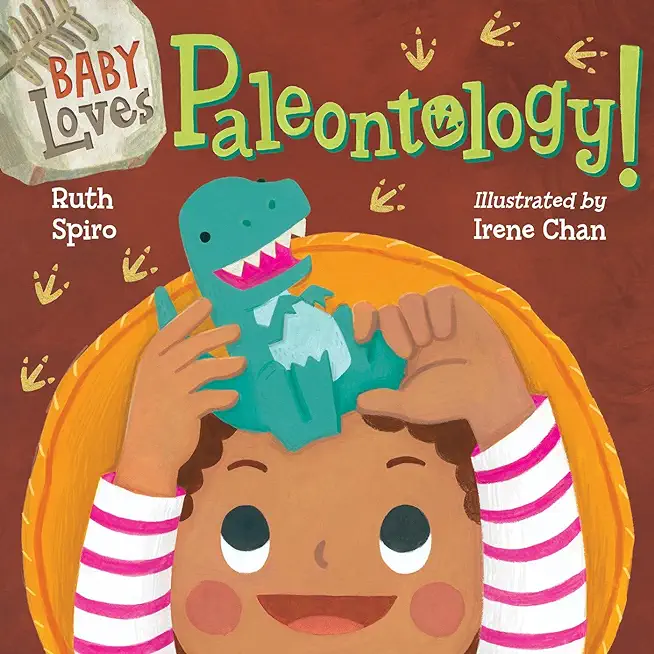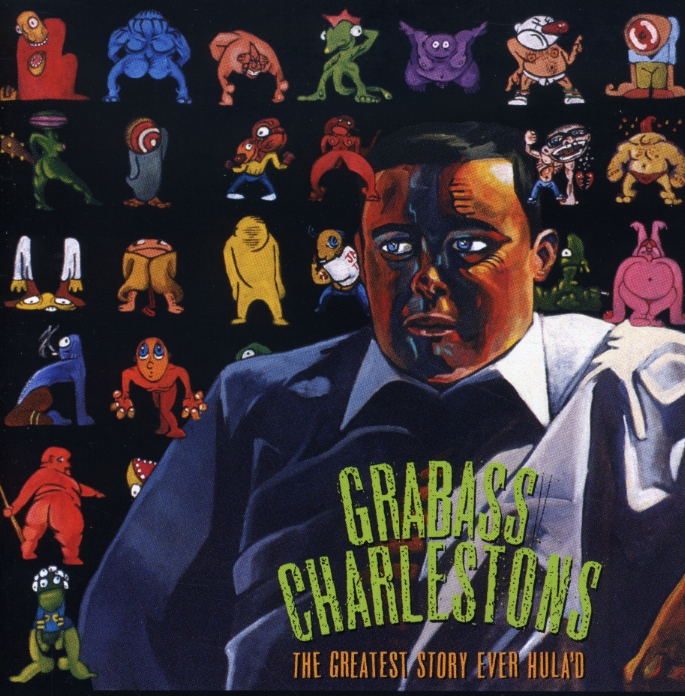
Black, Riley
product information
description
7
NOW A USA TODAY BESTSELLER!
Winner, A Friend of Darwin Award, 2024
member goods
No member items were found under this heading.
Return Policy
All sales are final
Shipping
No special shipping considerations available.
Shipping fees determined at checkout.







